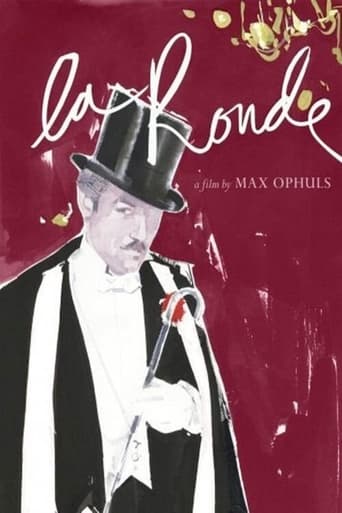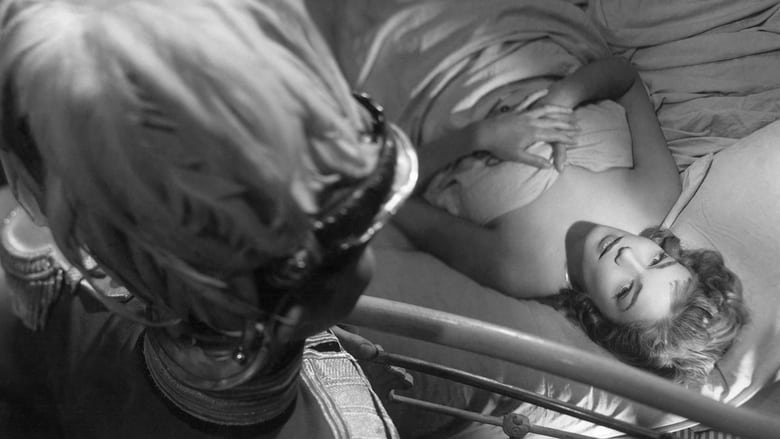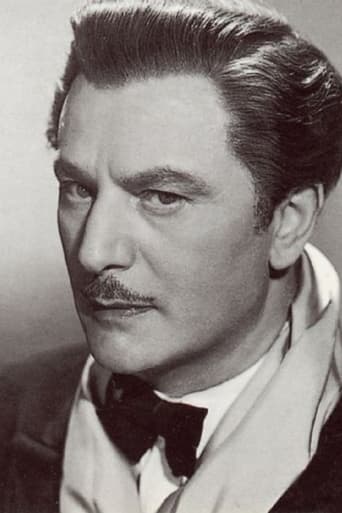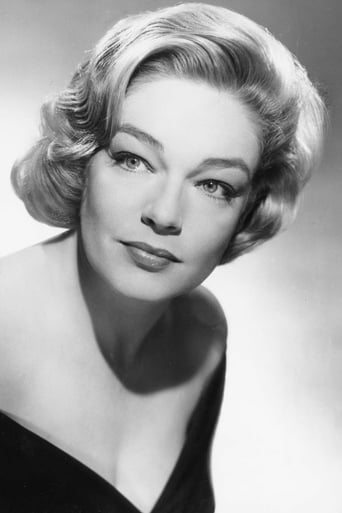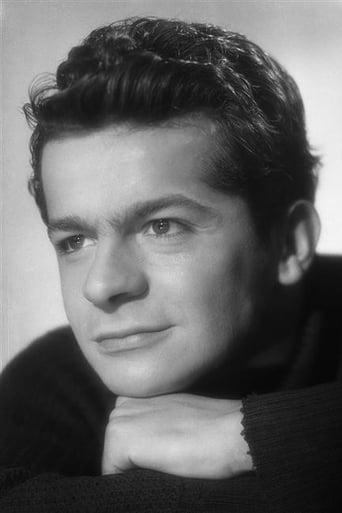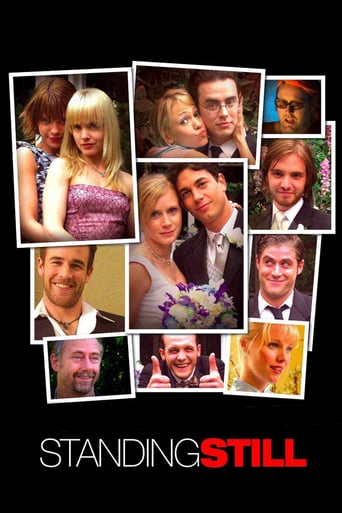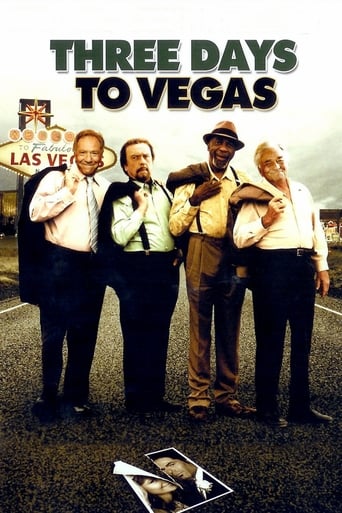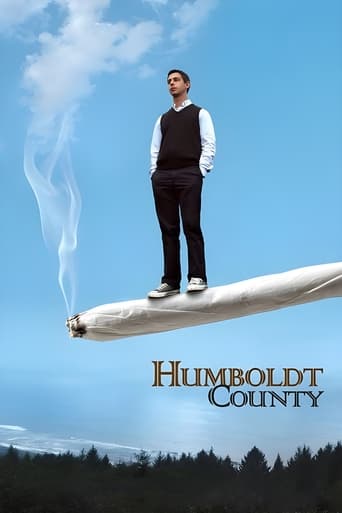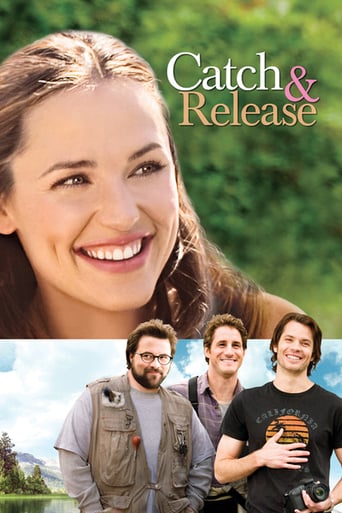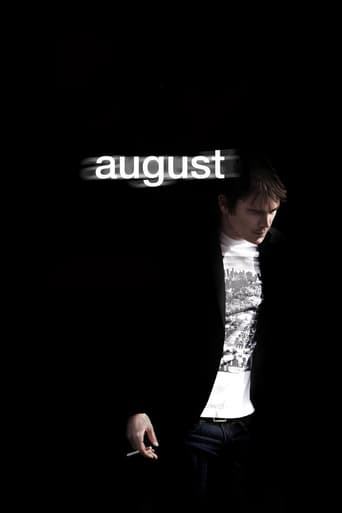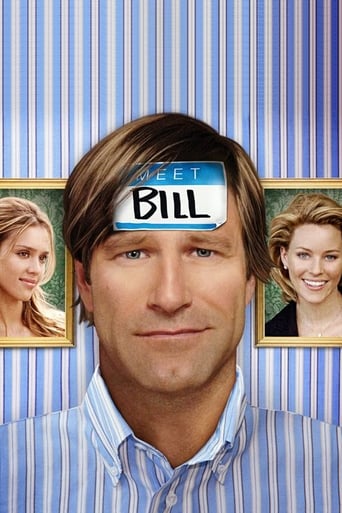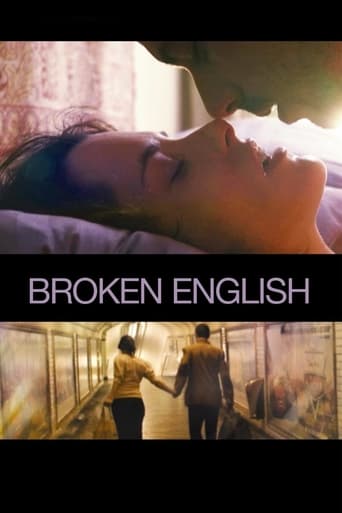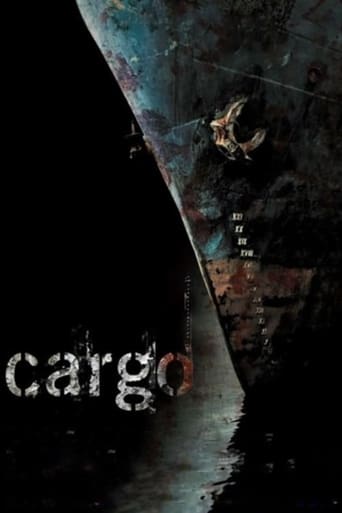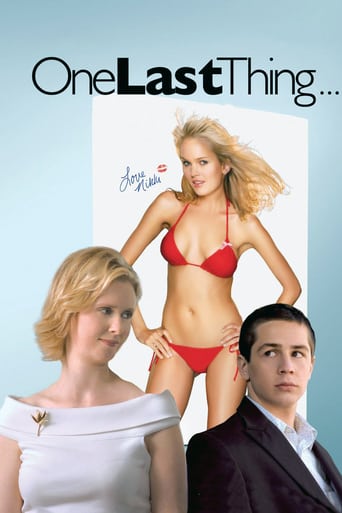La Ronde (1950)
An all-knowing interlocutor guides us through a series of affairs in Vienna, 1900. A soldier meets an eager young lady of the evening. Later he has an affair with a young lady, who becomes a maid and does similarly with the young man of the house. The young man seduces a married woman. On and on, spinning on the gay carousel of life.
Watch Trailer
Cast


Similar titles
Reviews
Very best movie i ever watch
It’s fine. It's literally the definition of a fine movie. You’ve seen it before, you know every beat and outcome before the characters even do. Only question is how much escapism you’re looking for.
Blistering performances.
All of these films share one commonality, that being a kind of emotional center that humanizes a cast of monsters.
My very first Ophüls film, a breezy studio-bound adaption of Arthur Schnitzler's play "Reigen", set in the 1980s in Vienna (yes, I'm freshly returning from a one-week vacation in Vienna). Structurally, LA RONDE adheres firmly to the play's ten liaisons, each stars one pair of its 10 characters in a sequential order, starts with the whore (Signoret) and the solider (Reggiani), then the soldier and the housemaid (Simon), the housemaid and the young gentleman (Gélin), and so forth until it finishes with the Count (Philipe) and the whore, thus consummates "la ronde".One prominent change is that Ophüls introduces an all-knowing raconteur (Walbrook), who is quite omnipresent, not only shepherds viewers into each story, but takes on minor roles whenever transition from one scene to another is needed as well, Walbrook is vivacious and stylish as the master of ceremonies, croons the theme strain from time to time, slyly breaks the fourth wall or intervenes in the happenings occasionally; whereas the sundry characters are primarily driven by their desire and impulsion regardless of their identities, each is equally allotted a fifteen-minute or so screen time divided into two parts with two different opposite-sex, like the merry-go-round in the background, they flirt, seduce, debate, banter and having sex (off-screen) in the most casual fashion, when they put on their clothes again, no string is attached, they can continue a small talk like friends or just move on to the next chapter without hesitation. It is the quintessential of cinematic operetta doesn't impose on lecturing viewers, only to divert, to flirt, to vivify the atmosphere and to evince the Franco-philosophy of c'est la vie! Essentially the film is a star-studded celebrity parade, household names like Signoret, Simon, Darrieux, Miranda and Philipe etc. are indisputably in their most magnificent form although none of them is given too much fodder to capitalise on, it is all the same, for cinephiles alone, an eye-opening feast to worship, thanks to the fluid camera-work and the florid production exclusively set inside the studio, it is an escapist's utter pleasure to accommodate oneself to a sumptuous period where everything looks so nostalgically charming and beguilingly narcissistic, so we can all be free and easy, at least for 97-minutes.
'La Ronde' occupies a special place in the filmography of Max Ophuls. Before this film nobody had dared to carry out an extensive study about love and sex. It is not a mere coincidence that 'La Ronde' finds some sort of an echo in the writings of Italian writer Alberto Moravia. According to him there can be sex without love but hardly sentimental love without sex. Max Ophuls shows the thin line which separates love from sex. It is a marker used by him to differentiate between various dichotomies namely rich and poor, sacred and obscene. The Facial expressions of all actors have been nicely filmed as their frustrations are clearly visible. While watching different episodes of 'La Ronde', viewers are constantly reminded of the fact that the notion of love does not remain same in the context of a relationship between a man and a woman. Lastly, 'La Ronde' remains a grim reminder of the fact that social conventions were challenged and a lot of people from all strata of society were involved in the spreading of illicit love. All this happened at a time when nobody was alien to other person's secrets.
Vienna 1900. But actually a film studio in France. Ophuls never lets you forget that. This masterwork is deeply concerned with truth and illusion. In love and in art, in the art of love. It is charming whilst showing you the limitations of charm, seductive whilst demonstrating the hazards of seduction. Great as it is, it probably is not the peak of the director's achievement: LETTER FROM AN UNKNOWN WOMAN, MADAME DE... and LOLA MONTES probably have better claims to that accolade. But the rare weak moments do not, in my view, detract from LA RONDE's status as a masterpiece, since over all its quality is so high. It boasts a dazzling cast, led by wonderful Anton Walbrook, and a theme tune by Oskar Straus that will follow you around for the rest of your life.
La Ronde is one of my favourite French films, I can't watch it too often as it has its faults but it hasn't failed to enchant me each time so far. Max Ophuls certainly had an elegant style about him, see Le Plaisir and Madame de .. for further evidence. He re-created Vienna 1903 seemingly effortlessly in this, and even with Anton Walbrook continually talking to the camera and a film set deliberately momentarily on display it's pretty convincing. The attention to period detail was knockout, done as only Ophuls knew how. It can still be done nowadays but lacking one vital ingredient: an atmosphere, a feel for the time and place that came with nitrate film stock. Modern films can look as sumptuous in their set and costume design even in todays colour, but nearly all fail to generate an atmosphere because modern film stock plays too realistic - and it ain't going to get any better with digital no-film-at-all!The Austrian Anton Walbrook was a multi-linguist, his sinister sibilant English in Gaslight was perfect, in Colonel Blimp perfectly resigned as a defeated and baffled non-Nazi German soldier. He spoke a few gorgeous words in French in La Ronde and was then promptly dubbed for the rest of the movie. Maybe he couldn't sing, but why did they jettison such a lovely speaking voice as well?The conventional hypocrisy of sexually cheating on your (straight?!) partner in secret is repeatedly portrayed, as well as the notion that casual sexual gratification is usually desired by both sexes of both classes and as fast as possible. These lovers of sex move on: familiarity breeds contempt - once you've come it's time to go! This sex (not love) merry-go-round is one reason why there are 6 billion people on Earth today! But I definitely don't agree with the previous comment that Ophuls' version of La Ronde was about the spread of STD even though the original play had it as a major theme. Ophuls was all about Pleasure, not Pain - any syphilitic transmission was left to the imagination here. Walbrook waxes wistfully cynical throughout this beautiful film - he wouldn't change a thing about Life and Sex if he could. I'm happily forced to watch this film with amused sadness from his point of view, and wouldn't change a thing about it even if I could.

